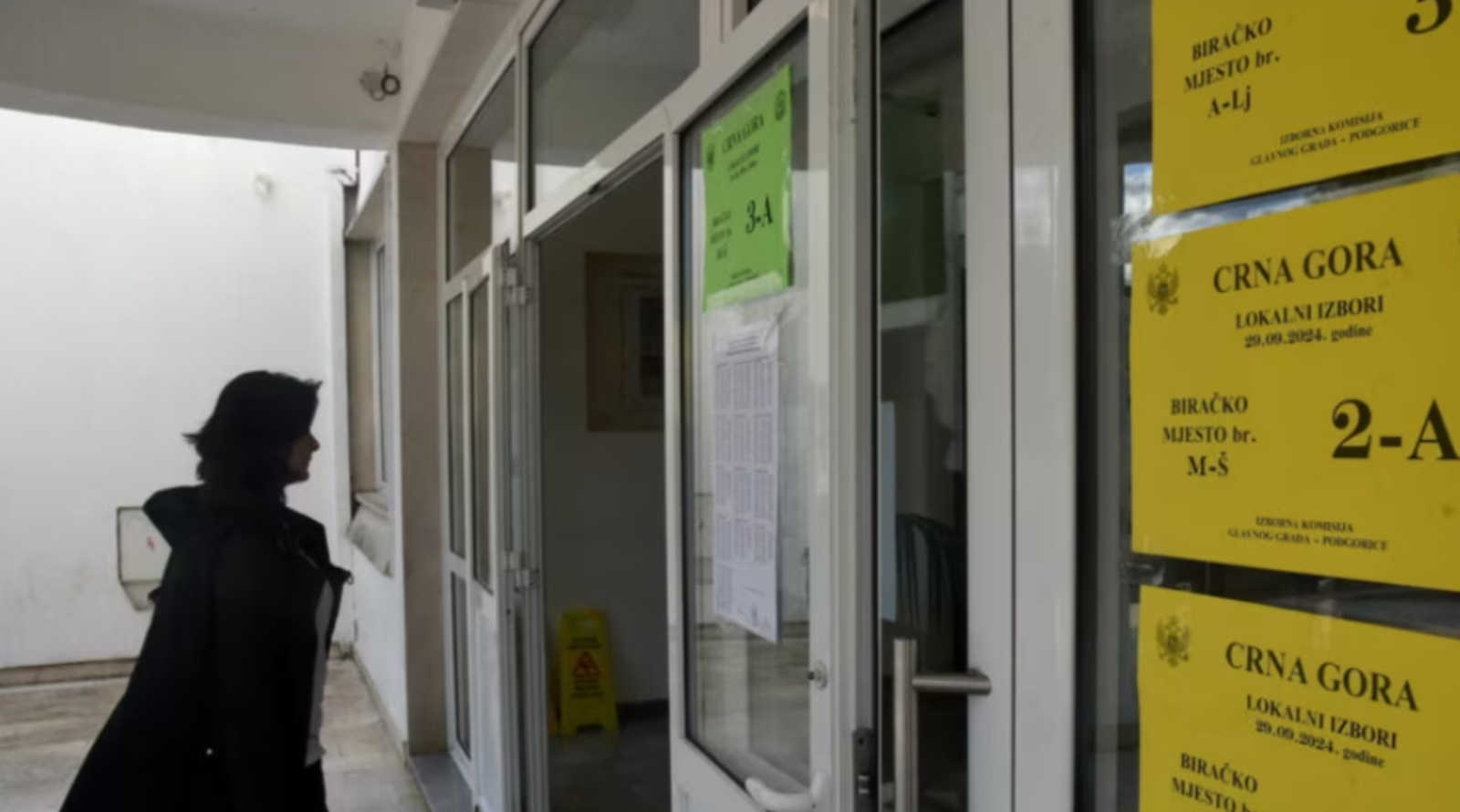According to unofficial preliminary results from the Center for Democratic Transition, the Democratic Party of Socialists (DPS), led by former president Milo Đukanović, has secured the highest number of votes in Podgorica, with approximately 30% of the total, translating to 19 councilors in the 58-member City Assembly.
Preliminary results indicate that the Europe Now Movement, headed by Prime Minister Milojko Spajić, and the Democrats have won 14 seats, while the list of President Jakov Milatović and the URA Movement has secured 6 seats. Additionally, pro-Russian parties from the former Democratic Front and the Socialist People’s Party will have 13 councilors in the Podgorica Assembly.
The European Union Party has gained 3 seats, the European Progress Party 2 seats, and the “Revolution” Movement 2 seats.
To form the local government in Podgorica, a majority of at least 29 councilors is required. Although the DPS won the most mandates, it faces significant challenges in forming a government, as the parties that dominate at the state level have consistently stated they will not enter into coalition with this party.
Voter turnout in Podgorica was 56.3%, marking the lowest participation in the last decade.
The decline of power in Podgorica was attributed to internal disputes and the split within the ruling Europe Now Movement, which saw divisions between current President Jakov Milatović, a co-founder, and Prime Minister Milojko Spajić, the party’s leader.
Analysts view the Podgorica elections as crucial, considering them a test for potential early parliamentary elections in Montenegro, which may occur due to ongoing political instability in the country.
The previous elections for the City Assembly were held in October 2022, marking the end of nearly three decades of rule by the DPS after a wave of political changes in the state.
Montenegro has around 633,000 residents, with approximately 180,000 living in Podgorica, according to the 2023 census.







